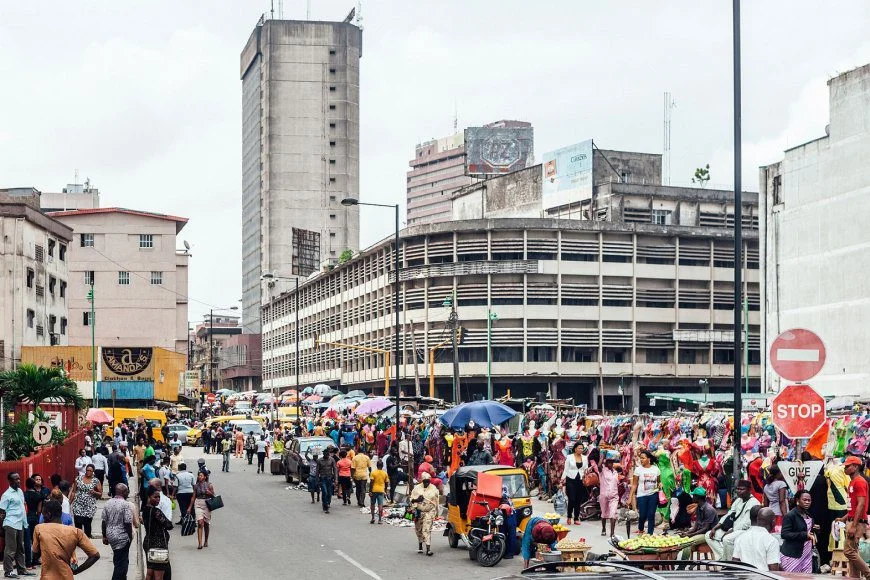Trade and business relationships among West African nations are essential for economic growth, but these relationships are often strained by political, logistical, and regulatory challenges. Countries like Nigeria, Ghana, and Ivory Coast have taken steps to foster trade, but cross-border commerce still faces significant hurdles. Smuggling, import bans, and inconsistent trade policies create tension between governments, resulting in disruptions that hurt both formal and informal traders.
For instance, Nigeria’s decision to close its land borders with neighboring countries in 2019 created a ripple effect across the region. This move, intended to curb smuggling and boost local production, impacted the flow of essential goods such as food products and fuel. Traders from Benin, Ghana, and Niger faced enormous losses, highlighting the interconnectedness of the region’s economies. Although the border closure was lifted, it underscored the need for better trade agreements and trust among West African governments.
Organizations like the Economic Community of West African States (ECOWAS) have been instrumental in promoting regional integration through policies aimed at reducing trade barriers. The African Continental Free Trade Area (AfCFTA) is another initiative that seeks to foster cross-border business opportunities by creating a single market. However, for these frameworks to succeed, governments must address non-tariff barriers and invest in infrastructure such as roads, ports, and railways.
Improved cross-border business relationships can unlock economic potential and create jobs across the region, particularly in agriculture, manufacturing, and services. Strengthening these relationships will require sustained political will, trust-building efforts, and policies that support both formal and informal trade sectors.























